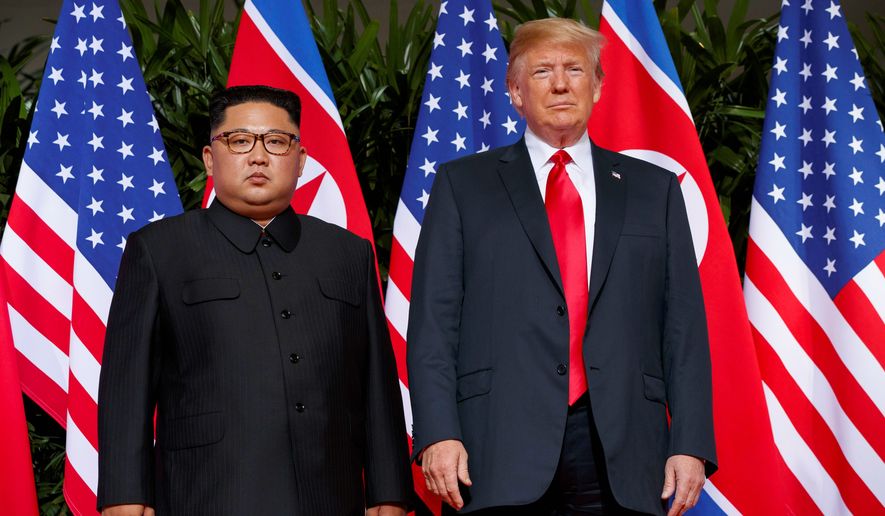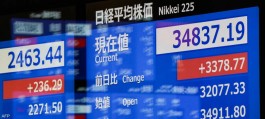Team Preparation
Last week witnessed important events, the developments of which may affect the performance of investors in global markets and the monetary policies of countries with economic weight.
There have been positive developments in the file of trade dispute between China and the United States, where the Office of the US Trade Representative issued a notice of a new postponement of a decision to increase the tariffs on Chinese goods worth $ 200 billion.
Which jumped the performance of European stocks to the highest level in five months, to start the month of March on strong foundations and positive reports that fueled investor appetite for risk, and the German DAX led the gains of European stock markets with the support of the car manufacturers, and therefore it is likely The bullish trend of European financial markets continues this week.
The episodes of the Brexit series also follow with Prime Minister Theresa May's statements that there is a plan to postpone the separation from the European Union for two months until an agreement is reached, after it was expected to leave on March 29, which could give a boost to the pound sterling. Against the US dollar.
The nuclear file worries investors

Nuclear activity issues are back on the table, to preoccupy investors, especially with a flare-up conflict between India and Pakistan , as the military tension between the two countries reached unprecedented levels with which increased fears of war between the two parties joining the nuclear club recently.
On the other hand, the summit that brought together US President Donald Trump and his North Korean counterpart, Kim Jong Un, failed to reach an agreement on nuclear disarmament on the Korean peninsula, after Washington rejected Pyongyang's demands that it be lifted completely. In exchange for giving up its nuclear arsenal.
Japan had hoped that the Trump-on Summit would come out with a solution to nuclear issues and the kidnapping of Japanese citizens, which may affect its policies and monetary decisions, especially as it awaits the speech of BOJ Board member Yutaka Harada and GDP data.
Keep an eye out for interest decisions
Interest decisions will be issued this week by the Australian, European and Canadian central banks, as the Bank of Canada has raised interest rates five times since mid-2017 to currently stabilize at 1.75%, and the interest rate is likely to be increased once or twice with this minimum estimate. The year is an indication of an end to the policy of monetary tightening, and the wait in interest decisions, especially in light of weak business investment rates and slowing growth in the housing market sector.







































